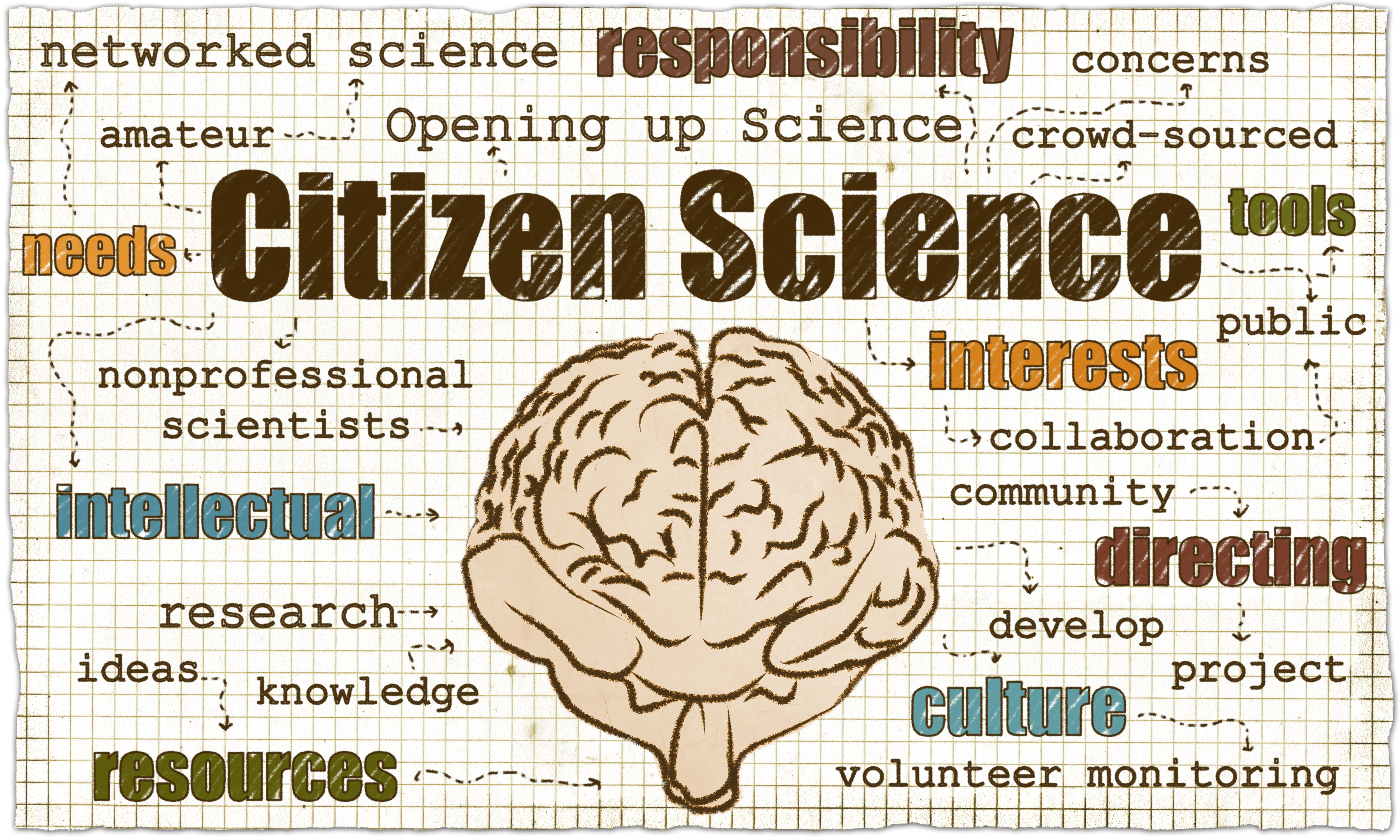
Options Magazine, Summer 2023: Citizen science is the new buzzword. Science is no longer confined to ivory towers, it is something that anyone and everyone can participate in. With numerous citizen science initiatives around the world, you can be anything from an astronomer for a day, counting stars in the night sky, to a marine biologist decoding whale sounds.
IIASA has long been a champion of involving the public in science, recognizing it as a vehicle for strengthening societal participation in research and sustainability issues. However, some institutions remain hesitant about using citizen science data, citing concerns about quality and access. To address these issues, IIASA researchers are working to streamline the scientific process, including defining what citizen science entails, ensuring data quality, and finding ways of better engaging citizens.
“One key area that we study is the quality of data, where we compare citizen data to what we call controls, where the answers are already known,” says Linda See, a researcher in the Novel Data Ecosystems for Sustainability (NODES) Research Group of the IIASA Advancing Systems Analysis Program. “We also conduct surveys to study citizen engagement, and interestingly, we find that people are primarily motivated by participating in science but monetary incentives, prizes, and coauthorship also help.”
Beyond advancing scientific research, citizen science could also play a crucial role in monitoring progress toward the UN Sustainable Development Goals (SDGs). Currently, 41% of SDG indicators lack data, highlighting the need for innovative data sources. IIASA researchers are working with various statistical offices and UN agencies, and have released several papers and a policy brief to offer advice on how to effectively fill these data gaps.
“We provide important recommendations on how to build trusted partnerships around citizen science data, not only to address the data gaps in the SDG framework but also to build data ecosystems that support inclusive decision making by empowering citizens and communities,” says Dilek Fraisl, who is also associated with NODES.
Citizen science in action
To lead by example, several research projects at IIASA depend heavily on citizen science data. The Geo-Wiki platform offers citizens the opportunity to engage in monitoring of the Earth's surface by classifying satellite, aerial, or ground-level imagery, while the CAMALIOT project aims to improve weather forecasting models using citizen-science data collected from the global positioning systems (GPS) in smartphones.
“The CAMALIOT project has been really successful with around 12,000 people participating from all parts of the world, creating a dense, global coverage of data,” says See, who led the project at IIASA. “One person even collected data on Antarctica, so we had every continent covered.”
Through the Urban ReLeaf project that kicked off earlier this year, researchers will use a variety of citizen science data streams, such as wearable devices and citizen observations, to support urban design planning, green infrastructure, and climate change adaptation in cities.
“We are excited to work with urban authorities, opening a new chapter for citizen participation,” says Gerid Hager, a researcher in the IIASA Advancing Systems Analysis Program who is one of the coordinators of the project. “Through Urban ReLeaf, citizens can collaborate alongside authorities to share knowledge and drive targeted and evidence-based decision making.”
The power of co-creation
As much of the research at IIASA focuses on issues like climate adaptation and sustainability, it is only fair to involve the people whose lives will be affected by the decisions. Many projects at IIASA are taking a step further from solely collecting data and actively involve stakeholders in scientific co-creation processes.
One such project is ALFAwetlands, which aims to map wetlands across the EU and evaluate which restoration methods will provide the greatest benefit for the climate and biological diversity. The project uses an approach of co-creation to find ways for integrating multiple targets, supporting more inclusive, community-based approaches to wetland restoration.
Another initiative is the fairSTREAM project, which aims to create visibility for the importance of co-production processes in applied systems analysis. Its main co-production effort is currently taking place in the Bhima basin in India, where the team is working with local experts and the public to understand the issues related to fairness within the food-water-biodiversity nexus.
“Co-production is crucial for creating actionable results,” says Susanne Hanger-Kopp, the project lead and a researcher in the IIASA Population and Just Societies Program. “However, as it is also resource intensive and unpredictable, it is important to define a framework of when and where co-production methods work the best.”
A global voice for citizen science
While citizen science is gaining popularity, it is still lacking a united voice. Recognizing this, in October 2022 citizen science networks and practitioners from around the world came together to form the Citizen Science Global Partnership, seeking to promote and advance citizen science for a sustainable world.
The partnership’s mission is to coordinate the collaboration of citizen science practitioners with international organizations and governments and support the use of citizen science data and tools toward sustainable development. As a founding member and the current host of the partnership, IIASA is playing a key role in bringing its mission to life.
“What we really want to achieve is to bring citizen science into the mainstream,” says Fraisl, who is the managing director. “I’m passionate about advancing citizen science because we know its importance doesn’t only lie in providing useful data, but also in making people more aware of the issues that our world is facing by directly involving them in the scientific research processes.”
Citizen science isn’t just a passing trend; it has the potential to revolutionize the way we approach scientific research and sustainability issues. As more people become involved in the scientific process, we can expect to see more innovative ideas and discoveries emerge, and ultimately, a more informed and engaged society.
By Fanni Daniella Szakal




